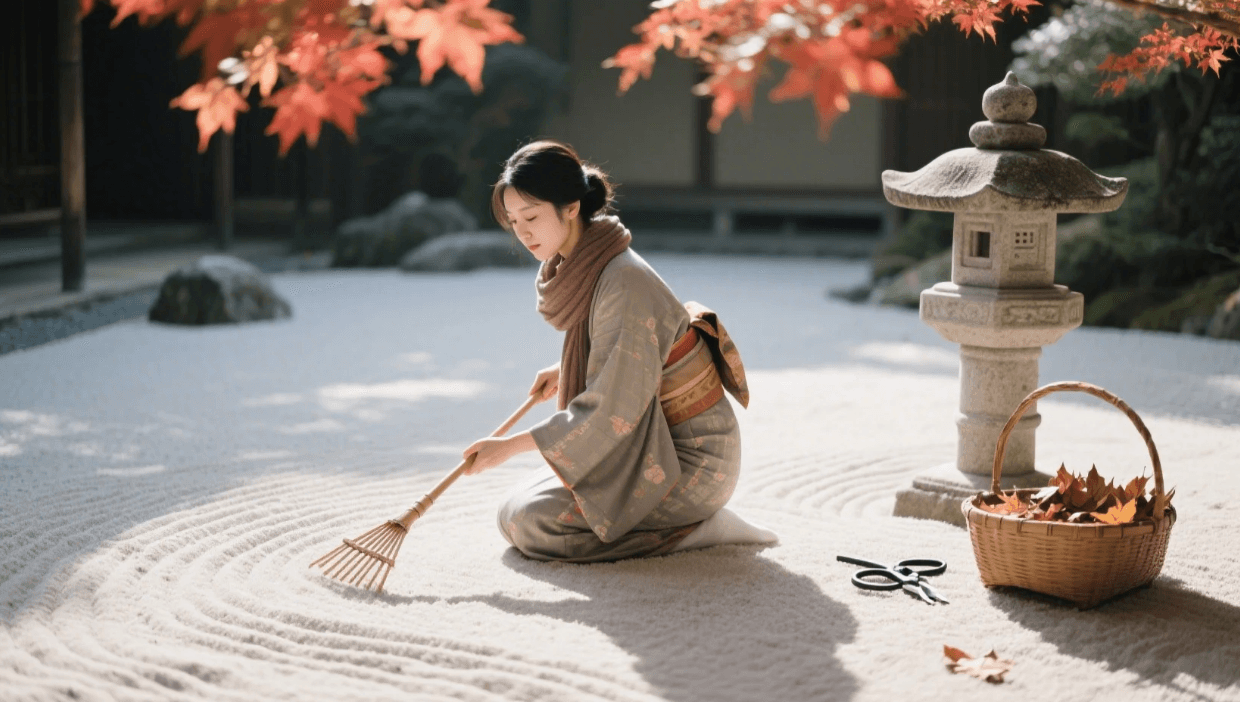Garden Therapy: How Growing Plants Reduces Stress (Expert Interview)
Have you ever noticed how digging in the soil, pruning leaves, or simply sitting among greenery can melt away stress? It’s not just a feeling—science confirms that gardening lowers cortisol (the stress hormone), boosts mood, and even improves cognitive function. Whether you have acres of land or just a windowsill herb garden, connecting with plants can be a powerful form of therapy.
In this article, we explore:
✅ The science behind gardening and mental health
✅ How horticultural therapy helps with anxiety, depression, and PTSD
✅ Simple ways to practice "mindful gardening"
✅ Expert insights from a certified horticultural therapist
Plus, we’ll share real-life stories of people who transformed their mental health through gardening.
The Science: Why Gardening Makes Us Happier
1. It Lowers Stress Hormones
A 2023 study in the Journal of Environmental Psychology found that just 30 minutes of gardening reduces cortisol levels by up to 20%—comparable to yoga or meditation.
2. It Boosts "Happy Chemicals"
- Serotonin (increases when handling soil microbes)
- Dopamine (released when harvesting your own food)
- Endorphins (natural painkillers from physical activity)
3. It Fights Depression & Anxiety
According to the American Horticultural Therapy Association (AHTA), structured gardening programs:
- Reduce symptoms of depression by 40%
- Improve focus in ADHD patients
- Help veterans with PTSD regain emotional balance
Case Study: After her divorce, Seattle resident Maya struggled with anxiety until she joined a community garden. "Tending to my plot became my daily therapy—I could breathe again."
Interview with a Horticultural Therapist
We spoke with Dr. Rebecca Lee, a certified horticultural therapist with 15 years of clinical experience, to understand how gardening heals.
Q: How does horticultural therapy differ from regular gardening?
"It’s goal-oriented. We design activities—like propagating succulents or arranging flowers—to improve fine motor skills, emotional regulation, or social connection. For example, stroke survivors may practice gripping trowels to rebuild hand strength."
Q: What’s the easiest way to start "garden therapy" at home?
"Begin with sensory plants—herbs like lavender (calming) or mint (invigorating). Even repotting a houseplant can ground you in the present moment."
Q: Can indoor plants have the same benefits?
"Absolutely! A 2022 NASA study found that indoor plants reduce stress and purify air. Snake plants, pothos, and peace lilies are great starters."
5 Ways to Practice Mindful Gardening
1. Focus on the Senses
- Touch: Feel soil textures, leaves, petals
- Smell: Crush herbs like rosemary or basil
- Sound: Listen to rustling leaves or buzzing bees
2. Keep a Garden Journal
- Track plant growth alongside your mood changes
- Sketch flowers or write reflections
3. Try "Meditative Weeding"
- Treat it as active meditation—focus only on removing weeds, breath by breath
4. Grow "Mood-Boosting" Plants
- Lavender → Calming
- Sunflowers → Uplifting
- Aloe vera → Healing (literally and emotionally)
5. Join a Community Garden
- Social connection + nature = double mental health benefits
Personal Recommendation: I keep a small zen garden on my desk—raking sand for 5 minutes resets my mind during work stress.
Real-Life Transformations
1. Veterans Healing Through Gardening
At Camp Liberty Gardens (Florida), veterans with PTSD grow vegetables. A 2021 study showed participants reported:
- 30% fewer flashbacks
- Improved sleep and camaraderie
2. Office Workers & "Plant Parenthood"
A Tokyo-based experiment found employees with desk plants were:
- 15% more productive
- Reported lower stress levels
3. Seniors Fighting Loneliness
Retirement homes using horticultural therapy saw:
- 50% more social interaction among residents
Getting Started: No Green Thumb Needed
For Stress Relief:
- Succulents (hard to kill, satisfying to propagate)
- Microgreens (fast-growing, edible rewards)
For Anxiety:
- Repetitive tasks (e.g., pruning bonsai, arranging pebbles)
For Depression:
- Bright flowers (marigolds, pansies)
- Vegetables (gives a sense of purpose)
Pro Tip: If you lack space, try terrariums or hydroponic herb kits.
Final Thoughts: Let Nature Nurture You
Gardening isn’t just about plants—it’s about cultivating peace within yourself. Whether you’re growing tomatoes or tending a single peace lily, the act of caring for something alive can anchor you in the present, reduce anxiety, and spark joy.
Ready to try? Start with:
- A pot of lavender by your bedside
- A daily 10-minute garden sit (no phone, just observing)
- A gratitude journal for small gardening wins
Sources:
- Journal of Environmental Psychology: "Gardening and Cortisol Reduction" (2023)
- NASA: Indoor Plants and Air Quality (2022)
- AHTA: Clinical Benefits of Horticultural Therapy
Now, go get your hands dirty—your mind will thank you. 🌱💚
wendy
|
2025.04.23






